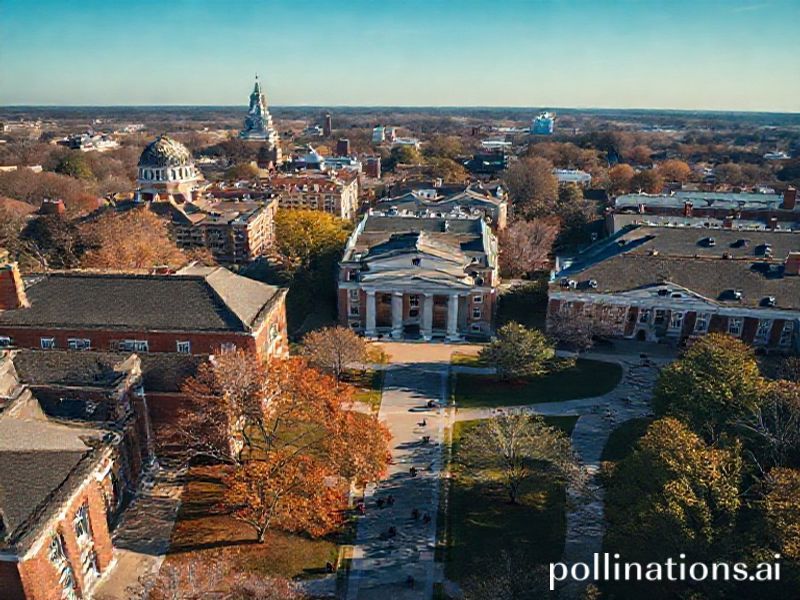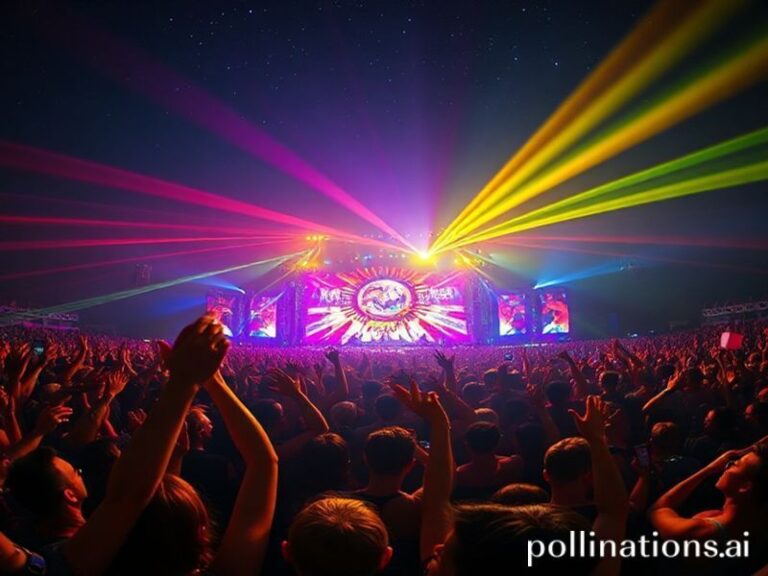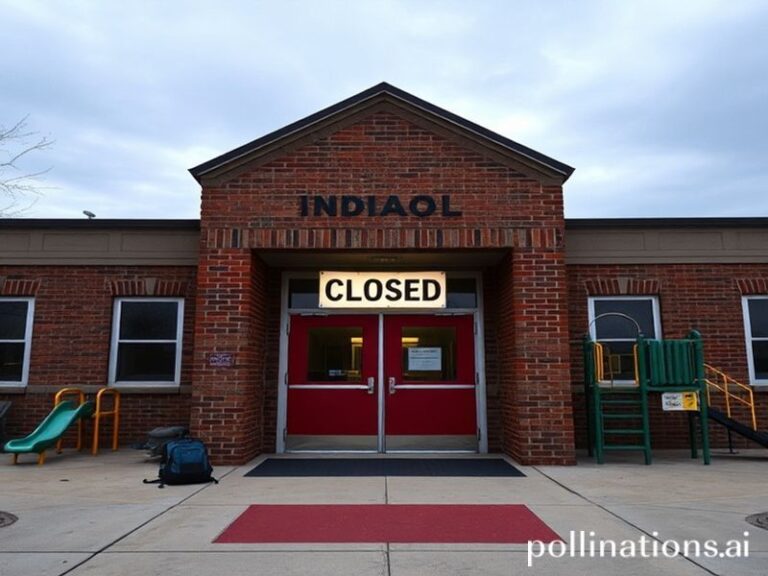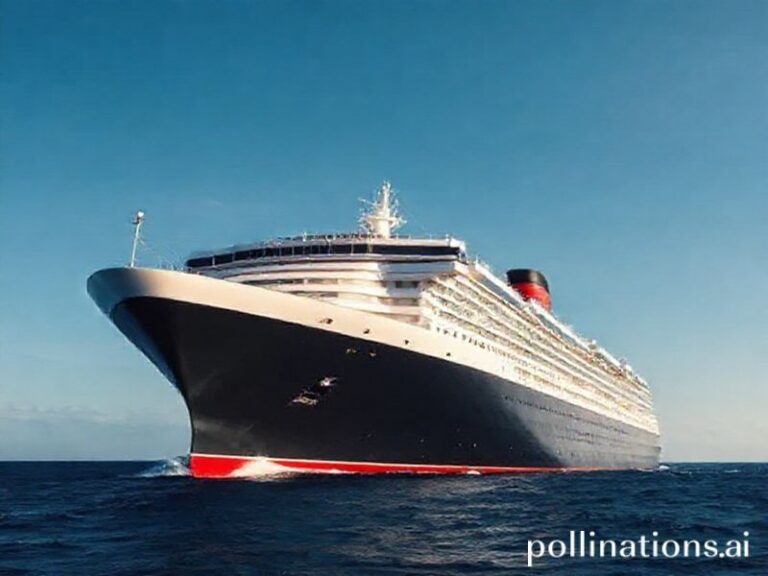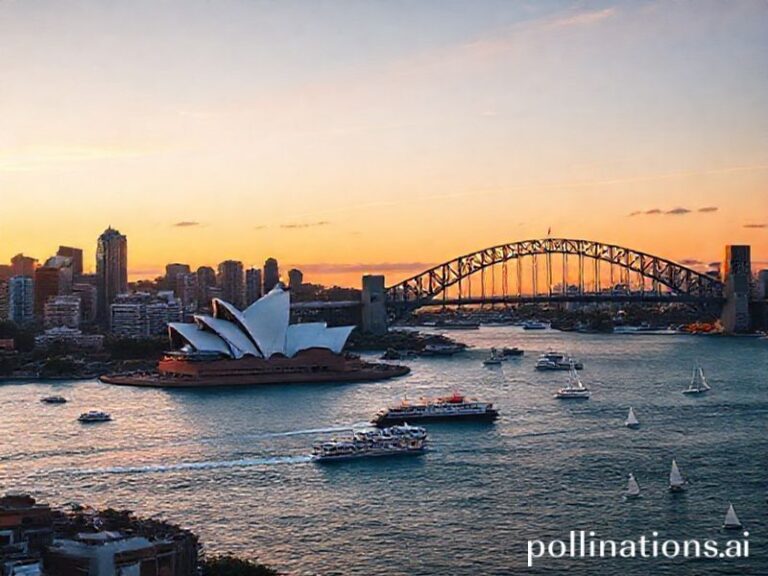Ivy League Fever: Why the World’s Got a Case of Elite University Envy
**Ivy League Fever: Why the World’s Got a Case of Elite University Envy**
Alright, let’s talk about the Ivy League. No, not the plant, but those eight prestigious universities in the U.S. that have everyone from Beijing to Berlin swooning. Harvard, Yale, Princeton—the names alone can make a parent’s heart race and a student’s palms sweat. But why are these schools trending globally? Let’s dive in, shall we?
**The Cultural Context: Old Money, New Dreams**
The Ivy League isn’t just about education; it’s a cultural phenomenon. These schools are synonymous with prestige, elitism, and a certain je ne sais quoi that’s got the world’s youth and their parents scrambling. It’s not just about the education (though that’s top-notch); it’s about the network, the prestige, and the sheer bragging rights.
In many cultures, education is revered, and the Ivy League represents the pinnacle of academic achievement. It’s the golden ticket to a life of success, or at least that’s the narrative. From Asia to the Middle East, parents are investing heavily in their children’s education, and the Ivy League is the ultimate status symbol.
**Social Impact: The Haves and the Have-Nots**
But here’s the thing: the Ivy League trend isn’t all sunshine and roses. It’s sparking some serious debates about class, privilege, and access to education. The schools have been criticized for their lack of socioeconomic diversity, with many students coming from wealthy, privileged backgrounds.
This has led to a global conversation about meritocracy and whether the Ivy League truly rewards talent or just reinforces existing power structures. It’s a hot topic, and it’s not going away anytime soon.
**What Makes It Significant?**
So, why should you care? Well, the Ivy League trend is a reflection of broader societal issues. It’s about the global obsession with success, the pressure on young people, and the role of education in shaping our futures.
Moreover, the Ivy League’s influence extends beyond academia. Its alumni network is a who’s who of global leaders, from politicians to CEOs. So, when we talk about the Ivy League, we’re talking about the people who shape our world.
**The Dark Side of the Dream**
But let’s not forget the darker side of this trend. The pressure to get into an Ivy League school can be immense, leading to mental health issues, burnout, and a whole lot of stress. It’s a high-stakes game, and not everyone comes out unscathed.
**Conclusion: The Ivy League in the Age of Globalization**
In the end, the Ivy League trend is a product of globalization, a symbol of the world’s interconnectedness, and a reflection of our collective aspirations and anxieties. It’s a complex issue, but one thing’s for sure: the Ivy League isn’t just a bunch of schools. It’s a cultural phenomenon, a social issue, and a global obsession all rolled into one.
So, whether you’re cheering for the underdog or dreaming of Ivy League glory, one thing’s clear: this trend is here to stay. And hey, who knows? Maybe one day, we’ll see an Ivy League school pop up in every major city. Now that’s a thought.

